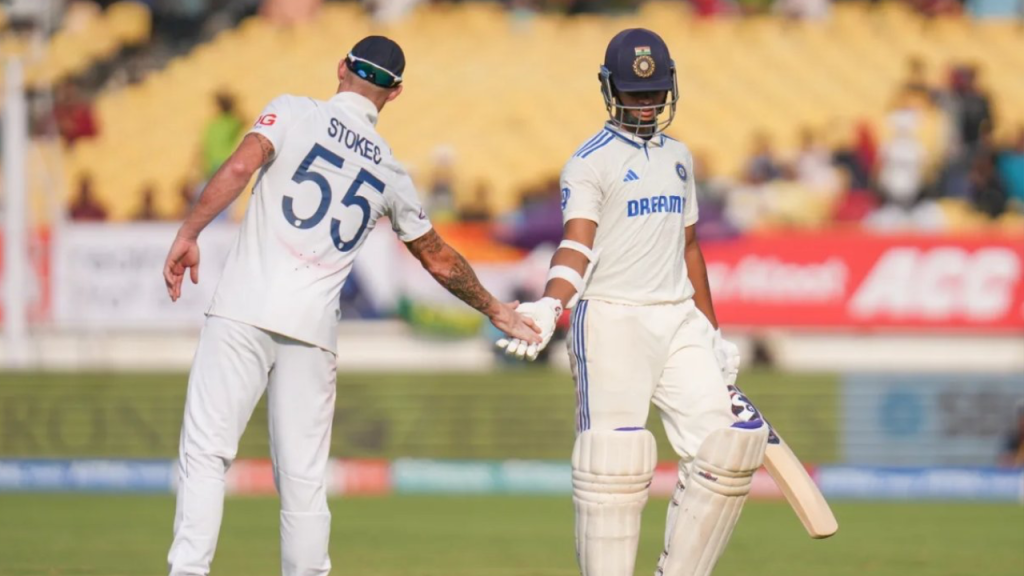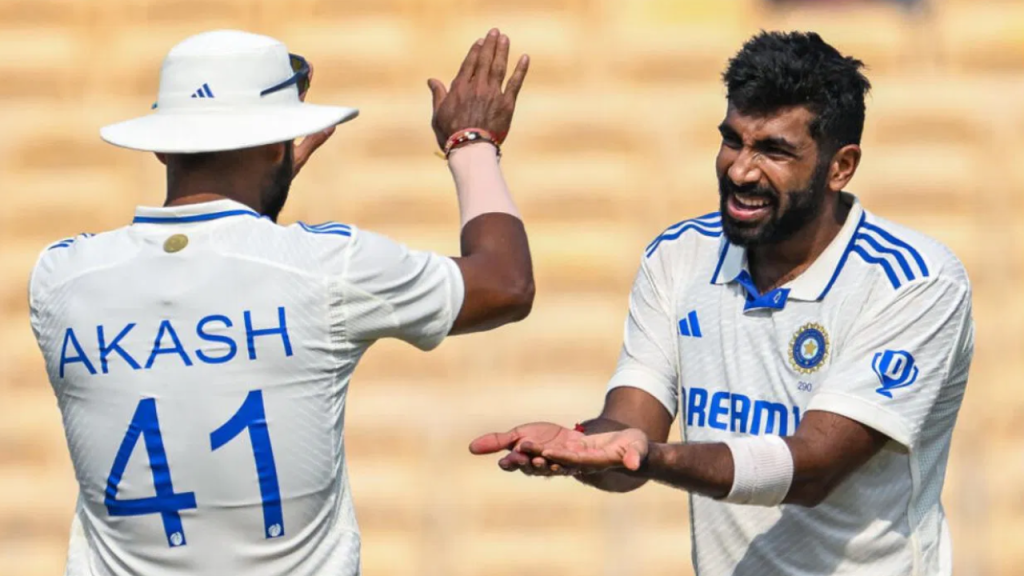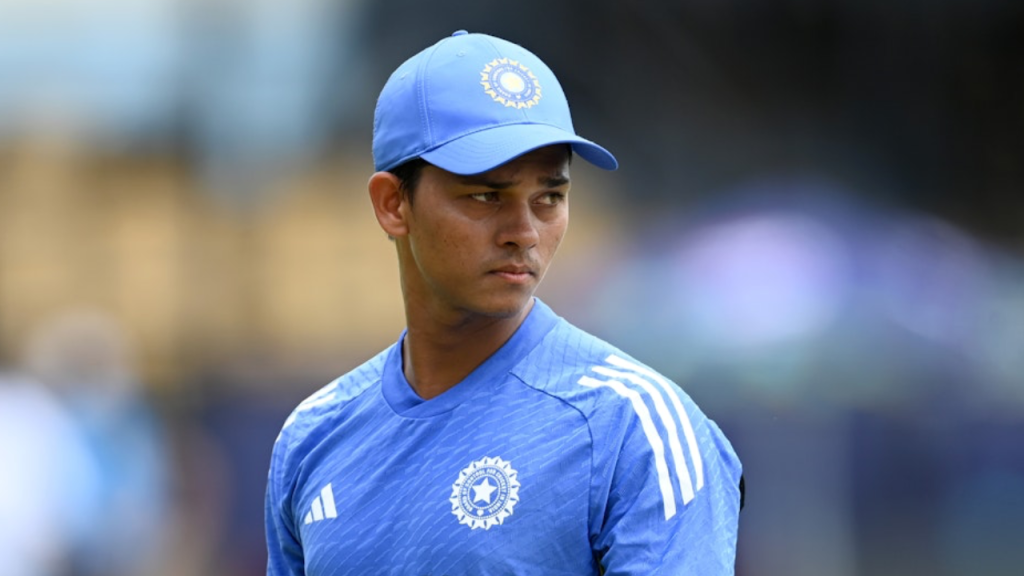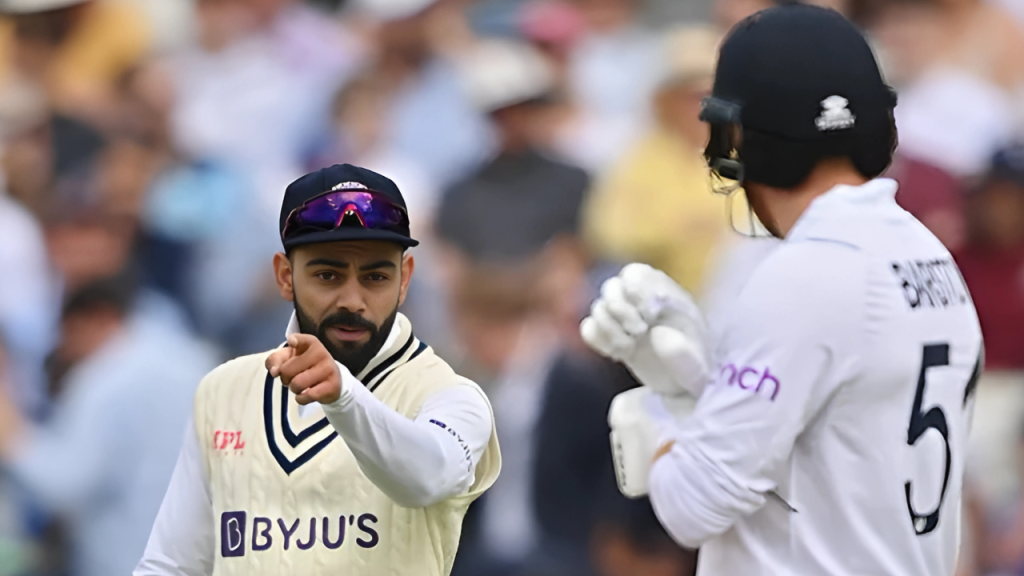Mahendra Singh Dhoni, commonly known as MS Dhoni, is not just a cricketing legend but also an exemplary leader whose influence beyond the boundaries of the cricket field. Dhoni rose to prominence as one of the most successful captains in the history of Indian cricket.
Dhoni’s leadership style is characterized by his calm mind, brilliant decision-making, and unflappable composure even in the most pressure-filled situations. He led the Indian cricket team to numerous victories across all formats of the game, including the ICC T20 World Cup in 2007, the ICC Cricket World Cup in 2011, and the ICC Champions Trophy in 2013. His leadership during these tournaments earned him the admiration and respect of fans and cricketing experts worldwide.
One of Dhoni’s most remarkable qualities as a leader is his ability to keep his emotions in check, which allows him to make rational decisions even in high-stakes scenarios. His famous ‘captain cool’ persona became synonymous with his leadership style, inspiring confidence in his teammates and instilling a sense of belief in their abilities.
Beyond his on-field achievements, Dhoni’s leadership extends to his role as a mentor and guide to younger players. He has often been seen providing invaluable advice and encouragement to budding cricketers, nurturing talent and fostering a culture of excellence within the team.
Dhoni’s leadership class is not limited to international cricket. He has been actively involved in various business ventures, and also leading the Chennai Super Kings franchise in the Indian Premier League, where he has demonstrated his class as a leader.
Moreover, Dhoni’s humility and grace in both victory and defeat have endeared him to millions of fans worldwide. Despite his numerous achievements, he remains grounded and approachable, displaying the values of sportsmanship and integrity.
MS Dhoni’s leadership transcends the boundaries of cricket, serving as a source of inspiration and admiration for people from all walks of life. His exemplary qualities as a leader, coupled with his unparalleled success on the field, have solidified his legacy as one of the greatest captains in the history of the sport.
In a recent statement made during a function organized by Single.ID, a cross-reward program identifier, MS Dhoni highlighted the importance of loyalty in the context of leadership, particularly within the dressing room environment of a sports team. Dhoni emphasized that loyalty is closely intertwined with the respect factor. According to him, earning respect from both players and support staff is essential to cultivate loyalty within the team.
MS Dhoni Reveals The Secret Behind Him Being The Greatest Captain Ever

Dhoni stressed that while verbal communication is important, actions speak louder than words. He suggested that it’s not merely about what a leader says, but more about their conduct and actions. Dhoni implied that a leader’s behavior, integrity, and professionalism play a pivotal role in garnering respect and subsequently loyalty from the team members.
“Loyalty has a lot to do with the respect factor. When you talk about the dressing room, unless the support staff or players respect you, it is difficult to get that loyalty. It is actually about what you are doing and not about what you are speaking. You may not actually speak anything but your conduct can earn that respect,” said Dhoni in a function organised by Single.ID, a first-of-its-kind cross-reward programme identifier.
“I always felt that earning respect (as a leader) is important as it does not come with the chair or rank. It comes with your conduct. People are insecure at times. Sometimes, even if the team believes in you, you are actually the first person who will not believe in you. To sum it up, don’t try to command respect but earn it, as it is very organic. Once you have that loyalty then the performance too will follow,” he said.
“Some people love pressure and some people don’t like pressure. What is important is to understand the strength of the individual and the weakness of the individual. Once you have done that, you will start working on the weakness of a player without actually telling him that this is a weakness. So, it keeps a player confident and keeps the player from doubting himself. They like to see how it works and that is the job of a captain or coach to figure out what works for who,” he added.
ALSO READ: IND vs ENG: India’s Predicted XI For 3rd Test; Will Sarfaraz Khan Make His Debut?





